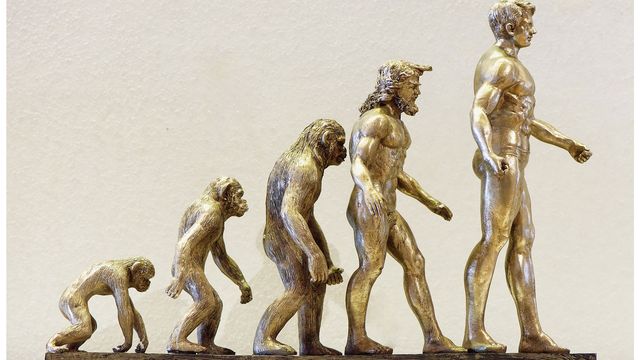Trending News
News

News
Enhancing Our Brain's Ability To Fight Disease With CRISPR-Edited Immune Cells
Editing healthy immune cells with CRISPR safely thwarts the brain's resistance to them, helping researchers to harness immune cell function to treat neurological conditions.

News
Brain Chip Could Suppress Seizures and Tremor
EPFL researchers have combined low-power chip design, machine learning algorithms, and soft implantable electrodes to produce a neural interface that can identify and suppress symptoms of various neurological disorders.

News
“Jet Lag” in Female Fruit Flies Triggered by Mating
A protein transferred from male to female fruit flies during mating may cause changes to the female's circadian rhythm.

News
Innovative Neurotechnology Restores Sensation After Spinal Cord Damage in Rodents
A nerve stimulation therapy for restoring function in the limbs of people with spinal cord injuries has shown promise in animal studies.

News
Ultrafast Imaging Could Improve Brain Stimulation
An ultrafast functional MRI technique with increased resolution has been used to capture the dynamics of brain activity, which could help to improve deep brain stimulation therapies.

News
Prairie Vole Study Questions Whether Oxytocin Really Is the "Love Hormone"
Turning a decades-old dogma on its head, a new study shows that the receptor for oxytocin, a hormone considered essential to forming social bonds, may not play the critical role that scientists have assigned to it for the past 30 years.

News
New Test Could Help To Predict Progression to Alzheimer’s Disease
New research from the Institute of Psychiatry, Psychology & Neuroscience at King’s College London has established a blood-based test that could be used to predict the risk of Alzheimer’s disease up to 3.5 years before clinical diagnosis.

News
High-Fat Diet Could Alter Brain's Ability To Regulate Food Intake
A high-fat or high-calorie diet can interfere with the signaling pathway between the brain and the gut, altering the brain's ability to regulate food intake.

News
Can a Dopamine Drug Help the Inflamed and Depressed Brain?
A study shows that levodopa has the potential to reverse the effects of inflammation on brain reward circuitry, ultimately improving symptoms of depression.

News
Did Early Humans Smell the World Like Denisovans and Neanderthals?
Analysis of genome sequences from Neanderthals, Denisovans and ancient humans has enabled researchers to compare how each group could perceive and interact with the olfactory environment.
Advertisement




